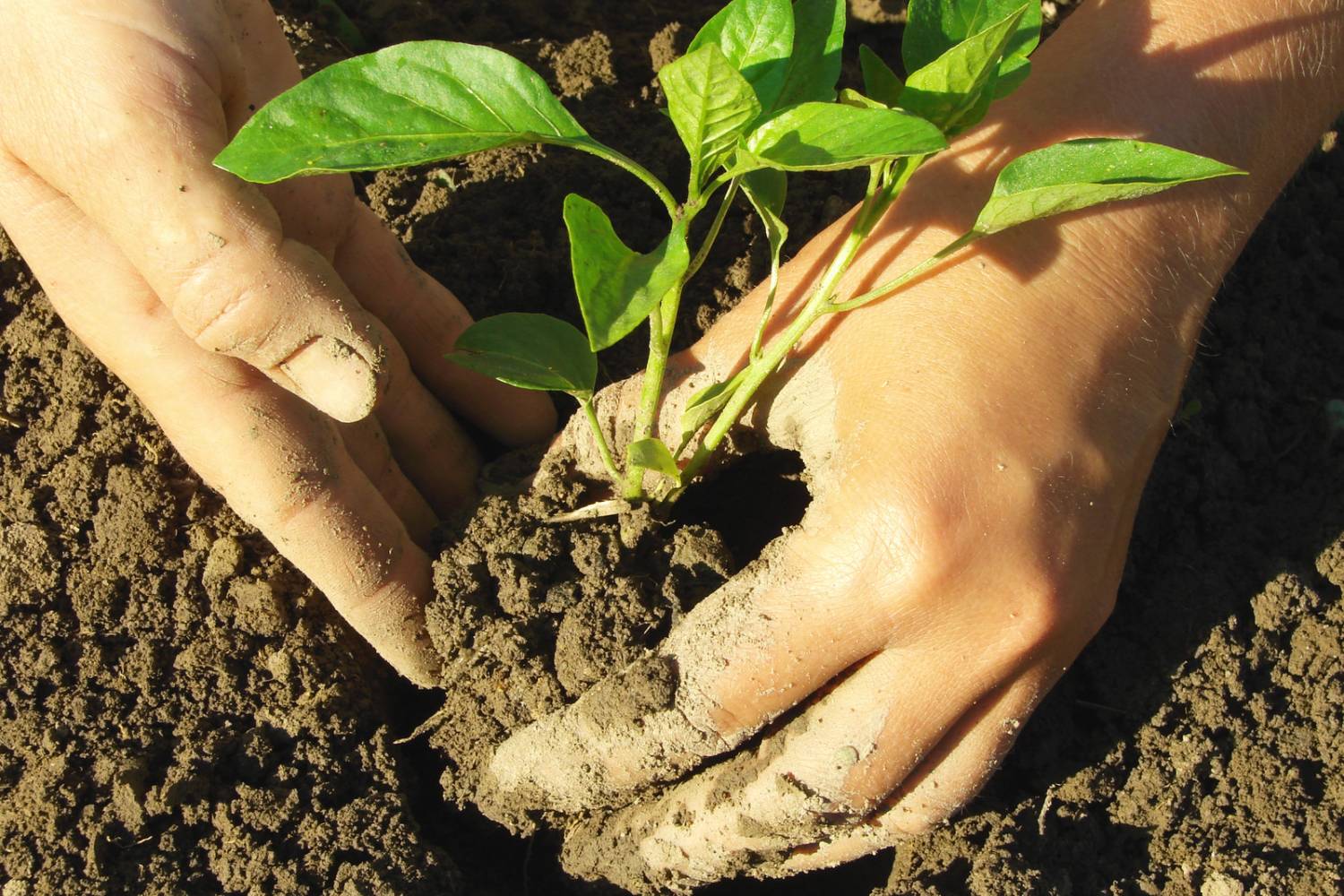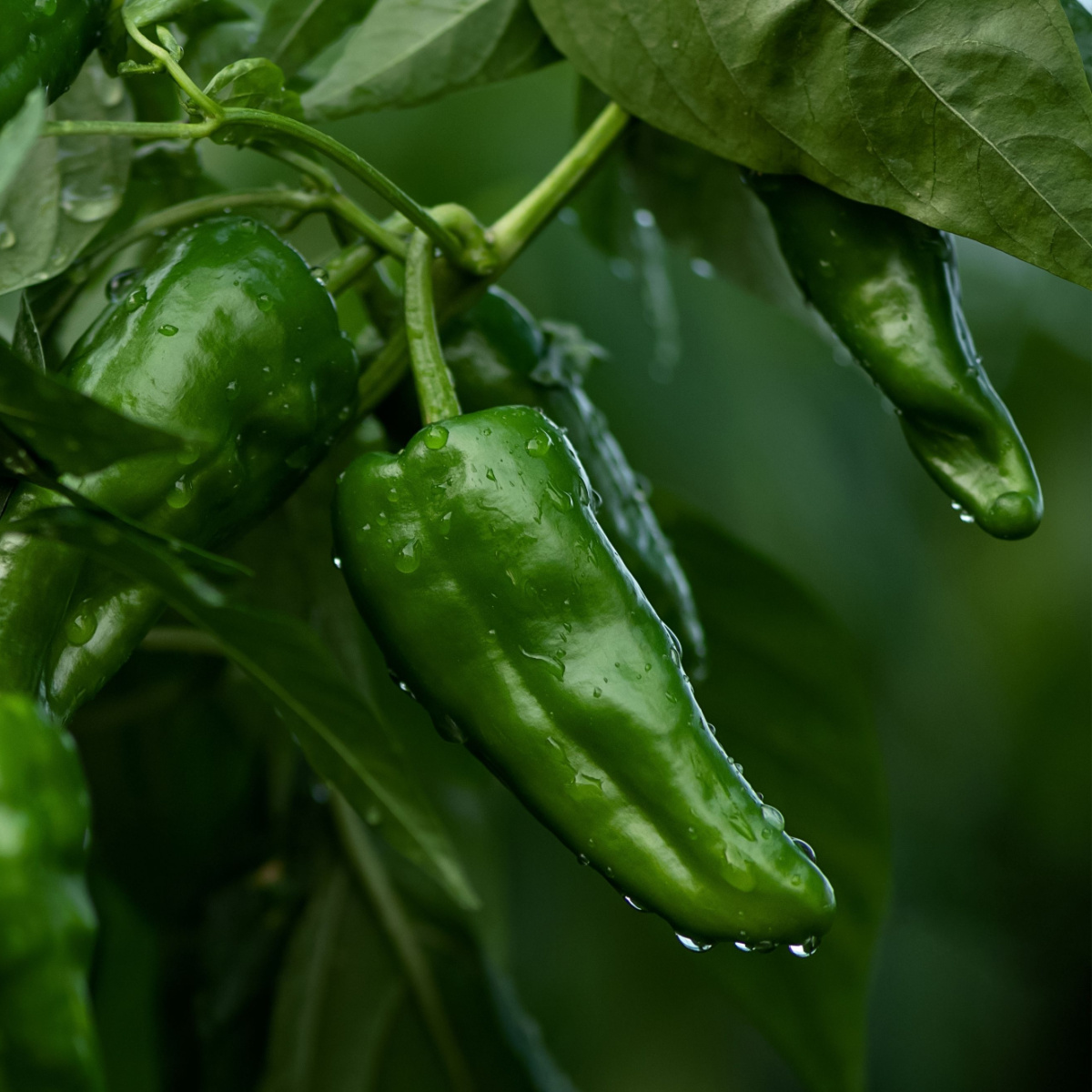Best Fertilizers for Peppers: Take Full Advantage Of Plant Health and Yield
Best Fertilizers for Peppers: Take Full Advantage Of Plant Health and Yield
Blog Article
Organic Vs. Synthetic Fertilizers: Which Is Best for Supporting Healthy Pepper Plants?
In the realm of supporting healthy pepper plants, the choice between organic and artificial plant foods stands as a pivotal decision with far-ranging implications. While both options objective to provide important nutrients to support plant growth, the nuances of their influence on the soil, plant health, and the atmosphere trigger a debate that echoes throughout the gardening area. Comprehending the distinctive benefits and prospective risks of each fertilizer type is essential for pepper farmers looking for to maximize their returns while keeping a lasting and eco-conscious approach.
Benefits of Organic Fertilizers
Organic fertilizers supply an environmentally-friendly and sustainable strategy to beneficial pepper plants, providing essential nutrients without the use of synthetic chemicals. These natural plant foods are originated from natural sources such as compost, manure, bone dish, and seaweed, advertising dirt wellness and biodiversity. Unlike synthetic plant foods, natural choices launch nutrients gradually, making certain a steady and well balanced supply for pepper plants to flourish.
One significant benefit of organic fertilizers is their ability to enhance soil structure and water retention. By boosting dirt health, organic plant foods promote beneficial microbial task, which assists in nutrient uptake by pepper plants. Furthermore, organic fertilizers lower the threat of chemical run-off, protecting water resources from contamination and safeguarding the environment.
Moreover, organic fertilizers add to lasting soil fertility by advertising the growth of beneficial dirt microorganisms. These microorganisms assist break down raw material, launching nutrients in a form that is quickly accessible to pepper plants. best fertilizers for peppers. By promoting a healthy and balanced soil community, organic fertilizers sustain sustainable pepper farming practices that benefit both plants and the environment
Drawbacks of Artificial Plant Foods
Synthetic plant foods, in comparison to their organic equivalents, position numerous downsides when used to nourish pepper plants, affecting both plant wellness and ecological sustainability. One major disadvantage of artificial plant foods is their propensity to leach nutrients from the dirt quickly.
Moreover, the overuse of synthetic plant foods can add to water pollution. Excess plant foods not soaked up by plants can clean away into water bodies, leading to eutrophication, where algae blossoms deplete oxygen degrees in the water, hurting marine life. In addition, artificial plant foods are generally stemmed from non-renewable sources, such as fossil gas, contributing to carbon discharges and environmental degradation during their production.
Nutrient Absorption Contrast
When comparing synthetic and organic plant foods in terms of nutrient absorption, natural fertilizers have the advantage of supplying a much more well balanced and slow-release resource of nutrients. Organic plant foods include a variety of macro and trace elements that are not just useful for the plants but also advertise healthy and balanced soil microbial task, which helps in nutrient uptake.
In addition, organic plant foods enhance dirt framework and water retention capacity, enabling pepper plants to gain access to nutrients a lot more effectively. This improved soil quality facilitates origin growth, enabling better nutrient absorption. Artificial fertilizers, although initially enhancing plant development due to their high nutrient focus, may impede long-term nutrient absorption by derogatory dirt wellness gradually.
Ecological Effect Considerations

On the various other hand, artificial fertilizers, although frequently even more concentrated and instantly offered to plants, can have damaging impacts on the setting otherwise used correctly (best fertilizers for peppers). Their production requires high power inputs, bring about greenhouse gas emissions and adding to climate modification. The drainage of excess synthetic plant foods can contaminate water sources, leading to eutrophication and damaging aquatic environments.
Best Plant Food Practices for Peppers
To achieve this, it is vital to comply with best plant food methods tailored to the particular requirements of pepper plants. One crucial method is to perform a soil test prior to applying any plant foods.
An additional crucial method is to feed pepper plants at the correct time. Typically, peppers gain from getting fertilizer at growing and afterwards once more when my review here they begin to blossom. Over-fertilizing can bring about nutrition imbalances and damage the plants, so it is crucial to adhere to suggested application rates.
In addition, choosing a balanced plant food with an NPK ratio that matches pepper plants' needs is essential. Inevitably, incorporating synthetic and natural plant foods judiciously can help nurture healthy and balanced pepper plants while lessening ecological influence.
Conclusion

Organic plant foods use an environmentally-friendly and lasting approach to nourishing pepper plants, offering essential nutrients without the usage of artificial chemicals. Unlike artificial fertilizers, natural choices launch nutrients slowly, ensuring a balanced and consistent supply for pepper plants to thrive.
Synthetic plant foods, in contrast to their organic counterparts, position numerous drawbacks when used to nurture pepper plants, impacting both plant health and environmental sustainability. When contrasting natural check that and synthetic fertilizers in terms of nutrient absorption, natural plant foods have helpful hints the advantage of giving an extra well balanced and slow-release source of nutrients.Additionally, natural fertilizers boost soil framework and water retention capability, enabling pepper plants to gain access to nutrients a lot more successfully.
Report this page